Chattanooga Yard Waste? Save Money with Flexible, Free Delivery Dumpster Deals!
Tired of overwhelming yard waste piling up in Chattanooga? Say goodbye to hassle and hello to effici…….
Introduction
In the heart of Tennessee, Chattanooga stands as a testament to urban development and environmental consciousness. The city’s approach to managing yard waste through specialized dumpsters represents a significant aspect of its sustainability efforts. This article delves into the multifaceted world of Chattanooga’s Yard Waste Dumpster, exploring its significance, the economic implications, technological advancements, policy impacts, and future prospects. Readers will gain a comprehensive understanding of how this system not only contributes to environmental health but also influences broader urban and sustainability practices.
Understanding Chattanooga Yard Waste Dumpster
Chattanooga’s Yard Waste Dumpster is a specialized waste management solution designed to collect and process organic materials such as grass clippings, leaves, branches, and yard trimmings. These dumpsters are integral to the city’s waste management system, facilitating the composting of yard waste which reduces landfill use, minimizes methane emissions, and enriches the soil. The program’s historical context is rooted in Chattanooga’s commitment to environmental stewardship and innovative urban planning.
Global Impact and Trends
The concept of dedicated yard waste management systems has gained international attention as cities worldwide grapple with sustainable waste disposal methods. In Europe, countries like Germany and the Netherlands have advanced composting programs, while in Asia, cities such as Tokyo have implemented strict guidelines for organic waste separation. The trend towards zero-waste initiatives and circular economy models is driving a global shift towards more efficient yard waste management systems.
Economic Considerations
The economic implications of Chattanooga’s Yard Waste Dumpster program are significant. It has stimulated local job creation, spurred investments in green technologies, and contributed to the city’s reputation as an eco-friendly urban center, attracting businesses and residents alike. The program’s financial sustainability is tied to market dynamics that include cost-benefit analyses of waste reduction versus disposal costs, recycling revenue streams, and the potential for carbon credit markets.
Technological Advancements
Technological advancements in yard waste management have revolutionized how cities like Chattanooga handle organic waste. Innovations such as aerated static piles (ASPs) for composting, mobile apps for waste tracking, and bio-digesters are transforming the industry. These technologies not only improve the efficiency of the waste management process but also offer insights into waste generation patterns and diversion rates.
Policy and Regulation
Chattanooga’s Yard Waste Dumpster program is governed by a mix of local, state, and federal regulations that aim to promote recycling and reduce landfill dependency. Key policies include Tennessee’s Solid Waste Management Act and the city-specific Chattanooga Waste Reduction and Recycling Goals. These frameworks establish targets for waste diversion, composting, and recycling, influencing the development and implementation of yard waste management solutions.
Challenges and Criticisms
Despite its successes, Chattanooga’s Yard Waste Dumpster program faces challenges such as contamination, public participation, and infrastructure limitations. Critics argue that while the program is environmentally sound, it requires more robust education and outreach efforts to ensure proper waste separation and reduce contamination rates. Strategies to overcome these issues include enhancing public awareness campaigns, improving collection infrastructure, and fostering partnerships with local organizations.
Case Studies
Several case studies highlight the successful application of Chattanooga’s Yard Waste Dumpster program. One such example is the city’s collaboration with a local university to research composting methods, which led to significant improvements in the quality and quantity of compost produced. Another case study involves a community-led initiative that increased participation in the yard waste program through educational workshops and neighborhood clean-up events.
Future Prospects
The future for Chattanooga’s Yard Waste Dumpster program is one of growth and innovation. Emerging trends suggest an expansion of organic waste collection services, integration with urban agriculture initiatives, and potential partnerships with private sector composters. Strategic considerations include adapting to population growth, advancing technology in waste management, and leveraging data analytics to optimize operations.
Conclusion
Chattanooga’s Yard Waste Dumpster program exemplifies a successful approach to urban sustainability. It demonstrates the city’s commitment to environmental health, economic development, and social responsibility. As Chattanooga continues to refine and expand its yard waste management system, it serves as a model for other cities around the globe looking to implement similar sustainable solutions.
FAQ Section
What is Chattanooga’s Yard Waste Dumpster program?
Chattanooga’s Yard Waste Dumpster program is a specialized waste management service that collects organic yard waste, reducing landfill use and creating compost for local landscaping and agricultural needs.
Why is it important to have a dedicated yard waste management system?
A dedicated system like Chattanooga’s helps to reduce methane emissions from landfills, enrich the soil with nutrient-rich compost, and support sustainable urban living practices.
How does the program impact the local economy?
The program stimulates job creation in the green sector, attracts businesses that value sustainability, and can potentially generate revenue from the sale of high-quality compost.
What technologies are involved in the yard waste management process?
Technologies include aerated static piles for efficient composting, mobile apps for waste tracking, and bio-digesters that convert organic waste into biogas.
How can residents participate in the program?
Residents can subscribe to the yard waste collection service, ensure proper separation of yard waste from other types of waste, and attend educational workshops to learn best practices for composting.
By addressing these frequently asked questions, Chattanooga ensures that its residents and visitors are well-informed about the benefits and functioning of its Yard Waste Dumpster program. This transparency fosters community engagement and supports the city’s long-term sustainability goals.
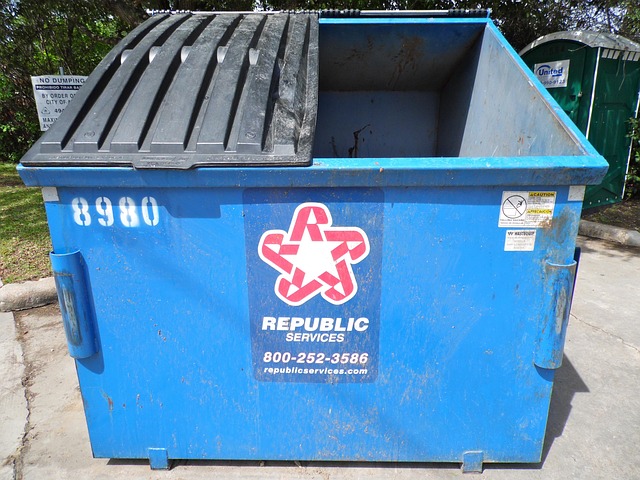
Tired of overwhelming yard waste piling up in Chattanooga? Say goodbye to hassle and hello to effici…….

Are you tackling a large-scale project in Chattanooga and need an efficient, cost-effective solution…….

Tired of dealing with overwhelming yard waste in Chattanooga? Say goodbye to back-breaking cleanup a…….

Tired of expensive yard waste cleanup in Chattanooga? Save money and time with our affordable Chatta…….
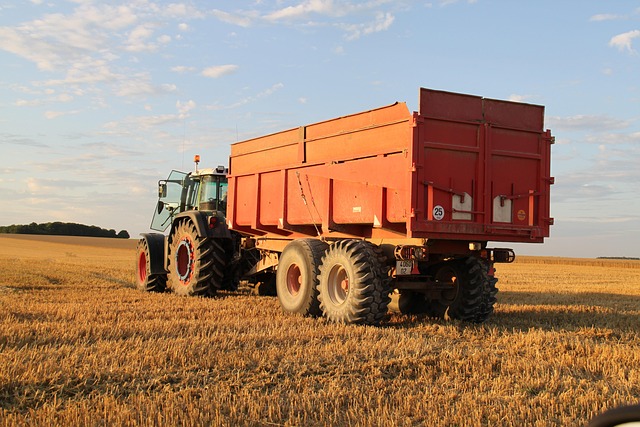
Tired of the hassle and cost of cleaning up after parties in Chattanooga? Say goodbye to yard waste…….

Struggling with office clutter and yard waste in Chattanooga? Say goodbye to back-breaking cleanup a…….
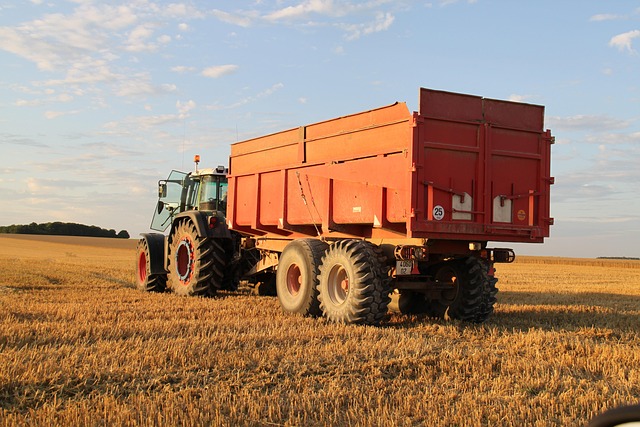
Tired of lugging heavy yard waste to the dump? In Chattanooga, let us show you how to save money and…….
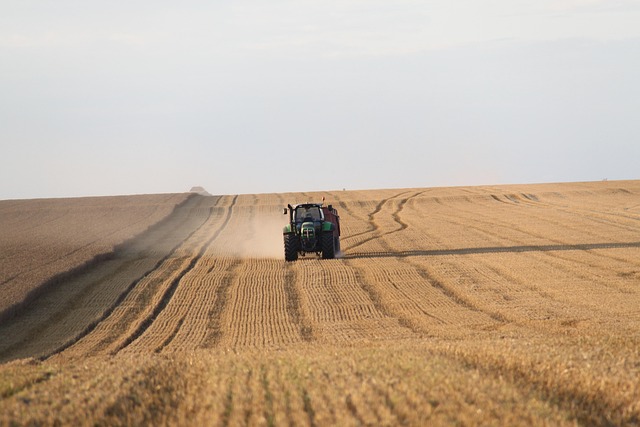
Are you tackling a driveway project in Chattanooga and struggling with yard waste? Say goodbye to ba…….

Struggling with time-consuming and costly office cleanouts in Chattanooga? Say goodbye to back-break…….
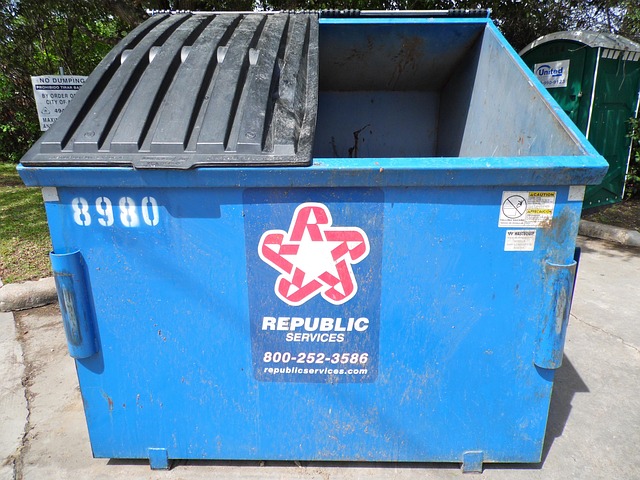
Tired of lugging heavy yard waste to the curb? In Chattanooga, let us show you how to simplify your…….